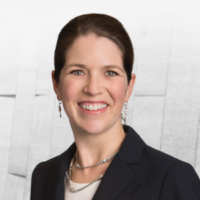
- This event has passed.
Register
Private enforcers have been remarkably effective in obtaining restitution for victims of anticompetitive abuse. But, Section 1 cases are becoming more difficult to bring and win due, among other factors, to the increased difficulty of certifying a class and a tightening of judicial standards on what constitutes illegal price fixing. For example, circumstantial evidence of price increases, pled with “plus factors,” may not be sufficient in many courts to constitute a violation without pleading additional facts, such as direct evidence of a conspiracy. The central focus of this trend is judicial interpretation of what distinguishes independent decision-making by companies that simply takes rivals’ actions into account from conduct that is impossible without illegal collusion. As an important line of defense against harmful collusion in increasingly highly concentrated markets, any weakening of Section 1 poses serious concerns.
On Wednesday, July 8, the American Antitrust Institute brought together four experts to explore the issues that are central to this debate, discuss key cases, and offer insights of enforcement moving forward.
This course was approved for 1.5 CLE credit hours on September 1, 2020. Watch the discussion below and apply for CLE credits here.
Moderator:
Ellen Meriwether – Partner, Cafferty Clobes Meriwether & Sprengel LLP
Panelists:
Andrew I. Gavil – Professor of Law, Howard University School of Law
Daniel C. Hedlund – Member, Gustafson Gluek PLLC
Hollis Salzman – Partner, ROBINS KAPLAN LLP
Laura Alexander – Vice President of Policy, American Antitrust Institute








